Why Are We Still So Far Removed From Dr. Martin Luther King’s Vision?
According to Fast Company magazine, there are more than 1,000 streets named after Dr. Martin Luther King Jr. worldwide. About 955 of those streets are in the U.S., including the one here in Seattle. There are also streets named for the iconic civil rights leader in Kolkata, India; Lisbon, Portugal; Amsterdam, Netherlands; Jerusalem, Israel; and Rio de Janeiro, Brazil. It is a prodigious tribute to a courageous man who has become synonymous with the fight for justice and freedom for all people, particularly the powerless, the oppressed and the disadvantaged.
It seems odd, therefore, that at least in the U.S., the conditions and quality of life for those who live on or near Martin Luther King Jr. streets don’t reflect our adoration for Dr. King. Many, in fact, are some of the most blighted and depressed streets in America; they still embody the same racial oppression, poverty and hopelessness that King lost his life trying to change.
As we recognize the 36th year of Martin Luther King Jr. Day as a federal holiday on Monday, perhaps we could best commemorate his legacy by focusing on places where his work is unfinished.
According to the Conversation Media Group, poverty rates in the U.S. are almost double the national average in areas surrounding streets named after Dr. Martin Luther King Jr. Since the first street was named after the leader in Chicago in 1968, Martin Luther King Jr. streets were built in areas where African Americans were concentrated due to racial segregation.
While the neighborhoods historically have generated a strong sense of community and pride among people of color, many have been largely ignored for private and public sector investment, resulting in concentrations of poverty with scant support for schools and community services.
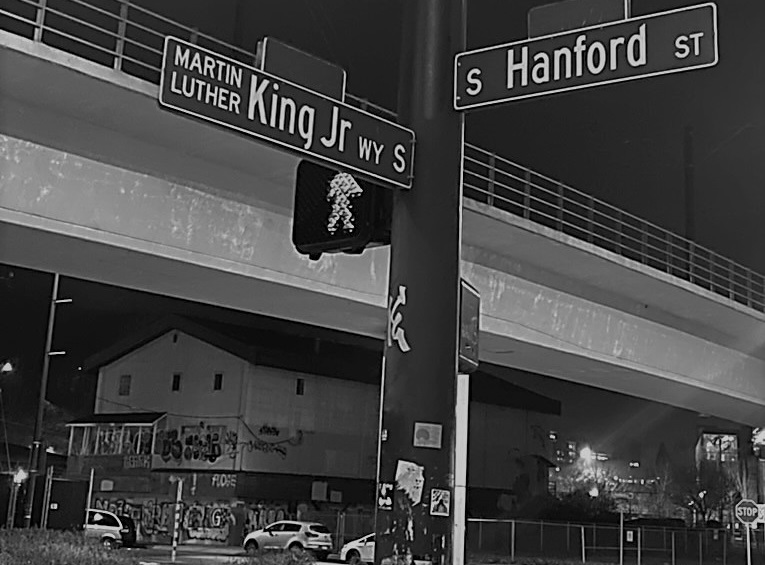
Here in King County, we have everything from a 4.5-acre Martin Luther King, Jr. Civil Rights Memorial Park in Seattle to an eight-mile stretch of Route 900 from Seattle to Renton named for the civil rights leader. Like other cities, Martin Luther King Jr. Way was comprised mainly of African American families who were often denied purchasing homes in predominantly white neighborhoods via a practice called redlining. They then had to fight for basic services in their own neighborhoods and yet ended up building a thriving community of Black-owned businesses.
Today, however, the street is now a shell of its former self. Many African Americans have been displaced due to gentrification, and those who stayed are mired in some of the city’s most abject poverty.
As we celebrate Dr. King’s legacy with annual acts of service and outreach on the day dedicated to him, perhaps we should also make it a day of assessment and a call for action.
How do we grapple with the significance of Dr. King Jr.’s legacy locally as Seattle continues to try and find a solution to the city’s affordable housing problem, with its COVID-based eviction moratorium now extended to February 14?
How do we address the incarceration of African Americans that, according to the Economic Policy Institute, has ballooned since Dr. King’s 1968 assassination and is currently six times that of the white incarceration rate?
How do we continue his fight for voting rights as dozens of states are enacting legislation to make it more difficult for people of color to cast ballots?
How do we continue to address systemic racism and police brutality before another police-involved slaying makes national headlines?
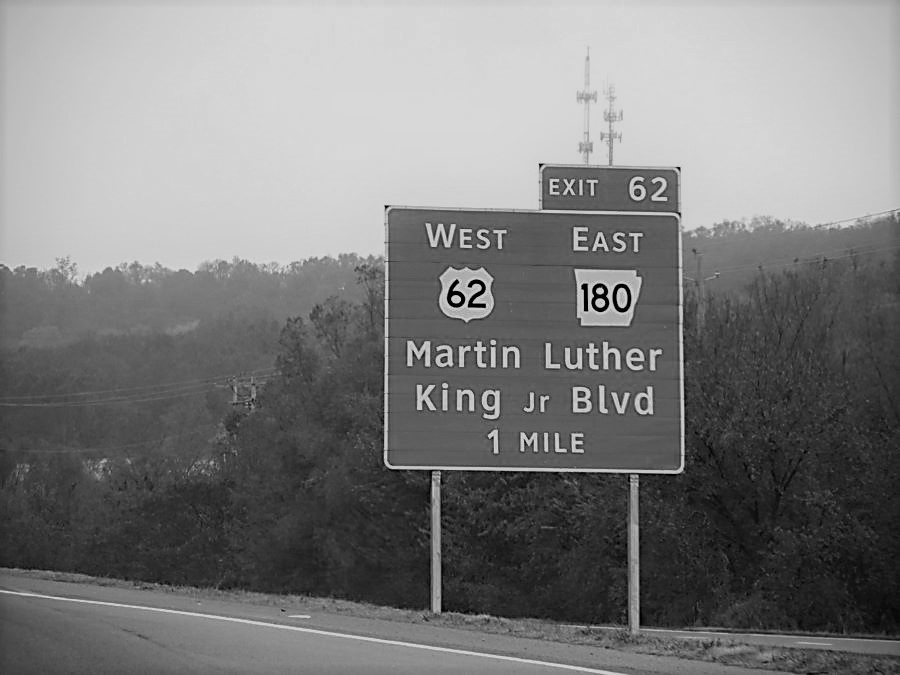
I had the benefit of attending Georgetown University Law Center in Washington, D.C., in the early 1980s when we marched to force Congress to establish a national holiday in name of Dr. Martin Luther King. I remember Stevie Wonder was there singing his song, “Happy Birthday,” in dedication to Dr. King. It was cold and snowing but my heart was full and warm.
Later, when I worked at the Perkins Coie law firm, I wrote a memo to my partners suggesting that, as the largest law firm in the Pacific Northwest, we needed to honor the holiday by closing the firm. In doing so, I said, it sends a message not only to our staff but the legal community that it needs to take a day of work to focus on King’s legacy.
I invite all of us to do the same–to ponder Dr. King’s principles in a way that makes us question why has it taken so long to make them a reality. In that way, we can take action to make Martin Luther King streets in America a true reflection of his hopes for us as a nation.

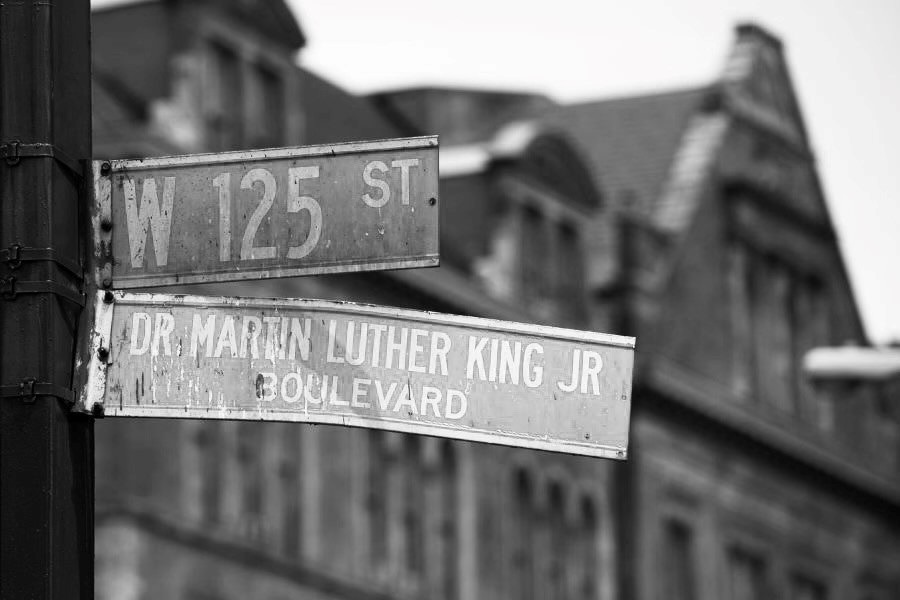
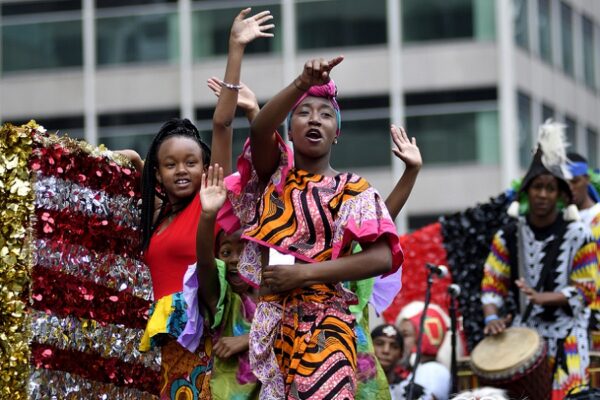
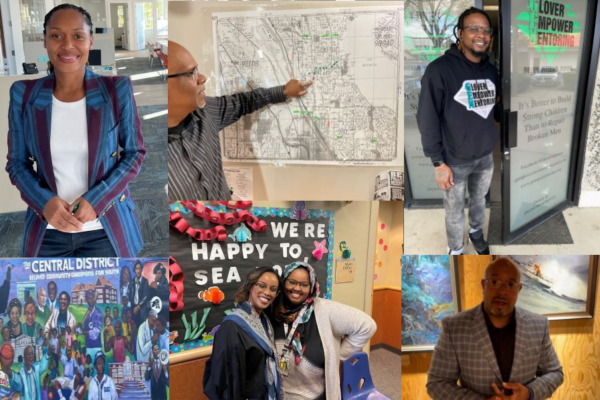
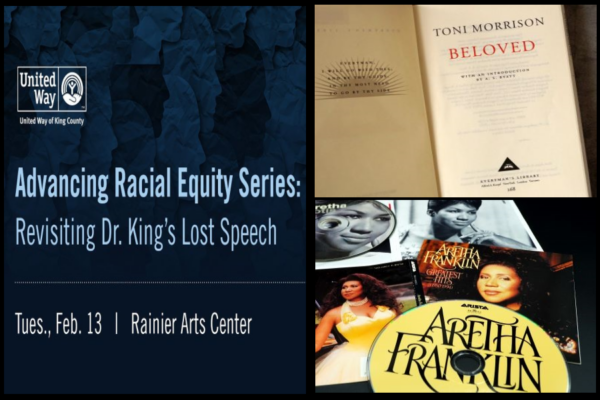
Comments